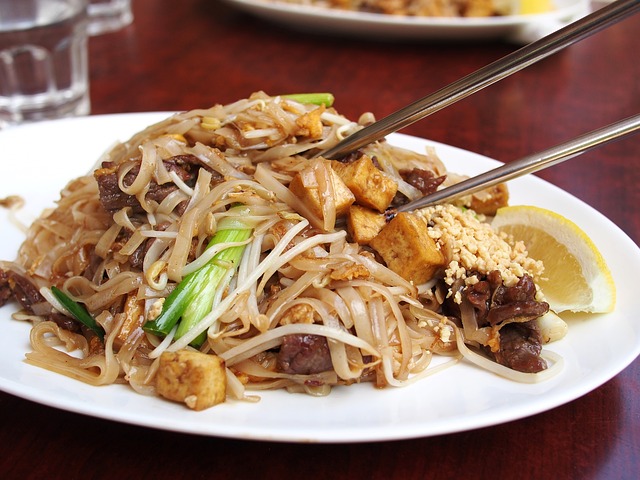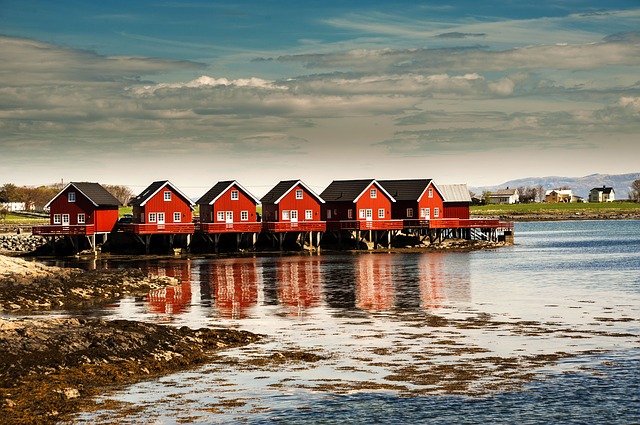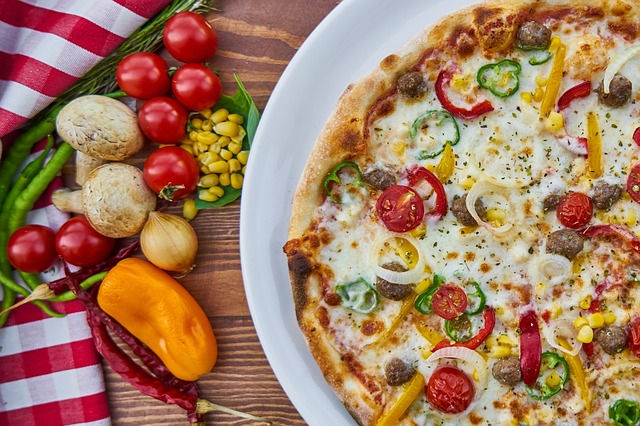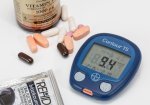High Blood Pressure After Eating Explained
Apparently a significant number of people experience high blood pressure
after eating. This is refereed to in medicine as postprandial
hypertension. The flip side of it, were blood pressure abnormally falls
after a meal, is refereed to as postprandial hypotension.
Save
for any noticeable symptoms, a good number of people are unable to tell
if and when their blood pressure goes up after a meal. So for the most
part, this is not a concern to them. However, some individuals
experience significant symptoms such as dizziness and increased hear
rate. On taking readings, elevated blood pressure is confirmed.
While
this may be a concern to these individuals, high blood pressure after
eating is not a matter of concern for a good number of health
professionals. This is because blood pressure elevation after eating is
generally considered normal even though for some people who experience
physical discomfort such as increased heart rate this maybe concerning.
Doctors are usually only interested to know that the blood pressure is
under control particularly in hypertensive individuals.
An increase in blood pressure after eating has been shown to be time, meal type and size dependent. For example, caffeine is known to temporarily spike blood pressure some 30 minutes or so after consumption. Similarly, some individuals have reported elevated blood pressure numbers 30 minutes after eating a heavy meal, the elevated blood pressure lasting for some 1.5 to 2 hrs.
Different explanations have been put forward to explain this phenomenon of increased blood pressure after food. One such explanation is that the body's organs, stomach and intestines, for example, place a demand on the heart for increased blood supply in order to digest the food. This explains why the elevated blood pressure would last up to some two hours which is the general time-frame required for food to pass through the stomach process following a meal.
the Scandinavian Study on High Blood Pressure After eating
A 1991 study published by the Scandinavian Physiological Society confirms that the heart increases its cardiac output and stroke volume after eating a meal. Cardiac output refers to the amount of blood pumped by the heart per minute. Physiological material shows that anything that increases cardiac output also increases blood pressure.
The extent to which the heart works harder is influenced by the size of meal consumed. In the Scandinavian study a smaller meal and another meal two and half more the size of the smaller meal were given to participants. Results showed that the meal sizes had different effect on cardiac output and therefore blood pressure of the individuals involved.
The larger meal induced greater cardiac output which lasted longer compared to that induced by the smaller meal. Furthermore, cardiac output remained elevated for more than two hours in individuals who had taken the larger meal. In addition, the heart delivered double the amount of blood during the two hours after the bigger meal than the smaller meal. This study added some knowledge to the idea that high blood pressure after eating has a credible scientific explanation.
High Blood Pressure after eating pizza
Notably, there have also been individual claims of high blood pressure
after eating pizza, shrimp, Chinese food, fast food and food high in
salt content among a list of other foods. A 2012 study in the Journal of
Nutrition by the American Society for Nutrition suggested that food
high in carbohydrates tended to reduce blood pressure compared to food
rich in protein. This difference, however, vanished after 4 weeks
meaning any carbs advantage on blood pressure was lost. The study
conceded that the biological mechanism by which these food types
effected blood pressure remains unclear.
Some people experiencing
high blood pressure after a meal have shared some relief
suggestions in high blood pressure forums. Some of the things to do that
some have found helpful include eating smaller meals instead of huge
meals, avoiding meals after 7 pm, avoiding eating when anxious or
stressed, avoiding fatty foods and protein as well as taking plenty of
water.

| Gingko and Blood Pressure |
Alcohol and Blood Pressure |
Return to What Causes High Blood Pressure from High Blood Pressure After Eating
Return to Hypertension Home Page from High Blood Pressure After EatingDisclaimer
Information contained on this website is not meant to replace your doctor's advice.
(c) All Rights Reserved. 2010-2018
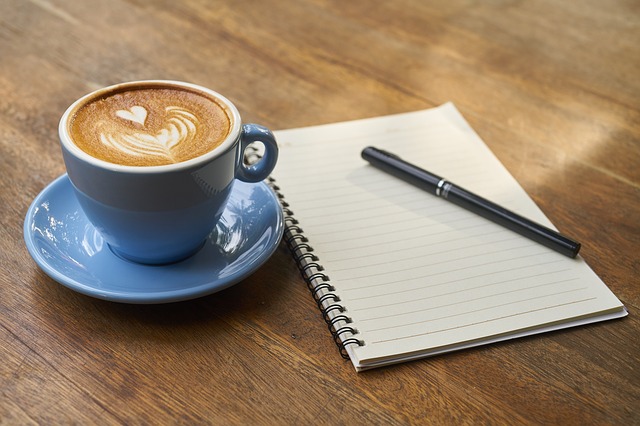
The correlation between caffeine and high blood pressure has been demonstrated in clinical trials. Caffeine as found in beverages such as coffee and sodas causes temporary blood pressure spikes within some 30 minutes of consumption. The rise in blood pressure is temporary and soon returns to normal. While caffeine can increase blood pressure, there is no evidence suggesting an increased risk of long term chronic high blood pressure due to caffeine consumption. We have done an explainer article on the link between caffeine and blood pressure here
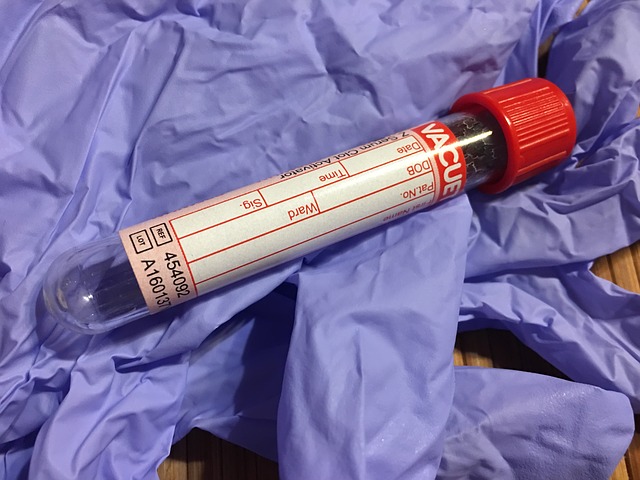
The following are scientifically confirmed factors that affect blood pressure. As stated in our main explainer on high blood pressure after eating, cardiac output which is made up of heart rate and stroke volume is also influenced by the intake of food.
- Peripheral resistance
- Vessel elasticity
- Blood volume
- Cardiac output
